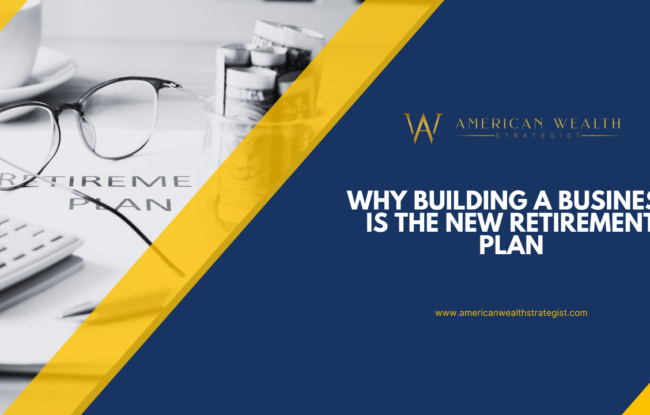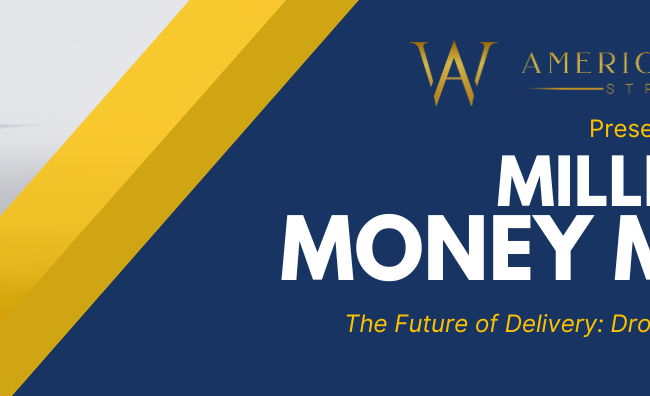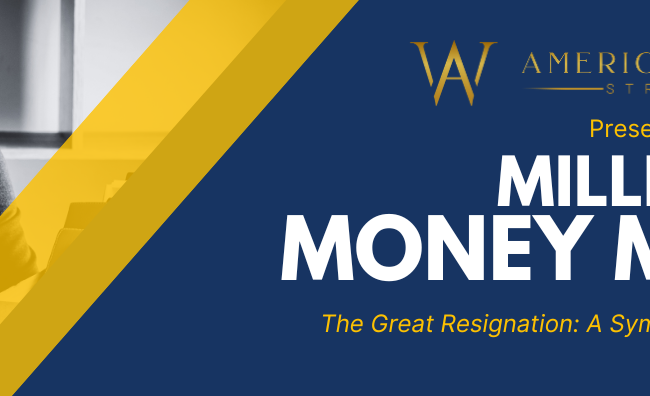If there is anything complex and interwoven together, it is the different aspects of the American Business Economy. If one thing happens over here, it affects something over there, which in turn affects something somewhere else, and so on and so on.
This can be understood through the cause-and-effect theory lens, where actions in one part of the economy lead to specific outcomes in other parts.
Let me describe the current situation in the American Business Economy in terms of cause and effect. And how that affects you personally.
Imagine reversing time to before the pandemic. The American business economy was a fast-moving, rapidly growing locomotive barreling down the tracks at breakneck speed. Then, BOOM, it derailed in COVID-19 and reached an almost complete standstill.
CAUSE – It would have stopped entirely, but homebound individuals who could not spend money going out to restaurants, concerts, and vacations began paying for new kitchen appliances, cars, swimming pools, and home remodeling.
EFFECT—As a result, supply-chain bottlenecks made it challenging to obtain manufactured goods when consumers increased their spending. Companies ordered more to compensate for the difficulty in obtaining goods or materials.
EFFECT—As a result, that stoked inflation.
EFFECT—As a result, higher prices eventually reduced consumers’ enthusiasm for buying.
That’s here at home in the US. What about globally?
CAUSE – The US recovered quicker from the pandemic than the rest of the world due to early and rapid vaccine rollout with strong fiscal support.
EFFECT—As a result of the US recovery compared to the rest of the world, the US trade deficit has widened.
EFFECT—As a result, imports from foreign countries have increased to satisfy demand from US consumers while exports have slowed.
EFFECT—As a result, US companies, employers, and employees feel the brunt of production slowdowns.
EFFECT—As a result, US companies, especially manufacturers, are rethinking their plans as they prepare for an extended slump in demand.
This is why it is crucial to recognize that these cause-and-effect relationships exist and that uncontrollable factors shape our future. We must ask ourselves how well we have planned for the things we can control to minimize the impact of those we cannot. Should we explore expanding control over vulnerable aspects of our lives, such as jobs, income, job security, and future financial planning? My answer is YES, because if we don’t, we will be at the mercy of economic changes. Who wants to live with that uncertainty?
Give us a call today to discuss some options for your future.




